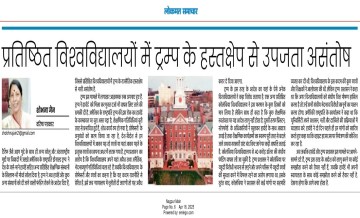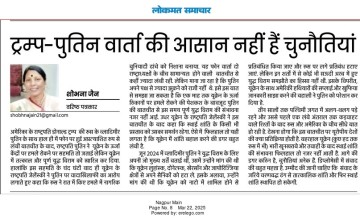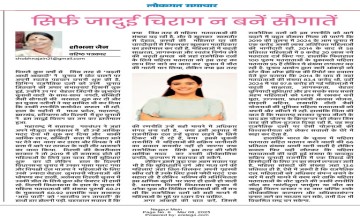Pakistan's Chief Justice's Pre-Retirement Ruling: Impact on Political Landscape and Dynamics

Islamabad, Sep 16, (VNI) According to reports from various media outlets, Pakistan's Supreme Court recently rendered a decision reversing recent amendments to the nation's anti-corruption statutes. This action has the effect of reinstating allegations of corruption against individuals in public office, with particular attention to the former Prime Minister, Nawaz Sharif, who notably benefited from these alterations Indeed, the ending of Umar Ata Bandial, tenure as Pakistan’s 28th chief justice September 16, 2023 holds great significance in the legal sphere.
The Supreme Court has nullified the modifications enacted by the prior administration under the leadership of former Prime Minister Shehbaz Sharif, who is the younger sibling of Nawaz Sharif. The Court has asserted that the revisions, specifically the restriction of the National Accountability Bureau's jurisdiction to cases involving amounts exceeding Rs 500 million, run afoul of the constitutional framework. Consequently, this development has led to the rekindling of allegations of corruption against those in public office.
This significant decision emerged from the Court's reserved judgment on an appeal filed by the incarcerated former Prime Minister, Imran Khan, during the preceding year. This plea challenged the alterations introduced in the accountability legislation by the prior administration, headed by former Prime Minister Shehbaz Sharif of the PML-N, and who is the younger sibling of Nawaz Sharif. At the age of 73, Nawaz Sharif is scheduled to return to Pakistan on October 21 from London, thereby concluding his self-imposed exile of four years.
The reinstatement of the previous legal framework bears considerable ramifications for numerous politicians, including the former President, Asif Ali Zardari, and former premiers such as Nawaz Sharif, Shehbaz Sharif, Yusuf Raza Gilani, Raja Pervez Ashraf, and Shahid Khaqan Abbasi. All these individuals derived advantages from the legislation, as proceedings against those accused of offenses involving amounts less than Rs 500 million in purported corruption were temporarily halted.
A three-member Bench consisting of Chief Justice of Pakistan (CJP) Umar Ata Bandial, Justice Ijazul Ahsan, and Justice Syed Mansoor Ali Shah delivered a reserved decision by a 2-1 majority. Justice Shah dissented from the majority viewpoint. The Court invalidated the alterations brought forth by the administration led by Shehbaz Sharif, affirming that amendments, such as restricting the jurisdiction of the National Accountability Bureau (NAB), were in contravention of the Constitution.
Furthermore, the Court directed that cases set aside after the restriction of NAB's jurisdiction to investigating cases below Rs 500 million be scheduled for hearings in accountability courts. Additionally, it nullified judgments handed down by the accountability courts in light of the amendments and instructed the NAB to expeditiously transmit the pertinent records to the respective courts within a stipulated seven-day period.
After the enactment of the amendments, several cases involving influential politicians and their familial associations were remitted back to the National Accountability Bureau courts during the previous year.
No comments found. Be a first comment here!









